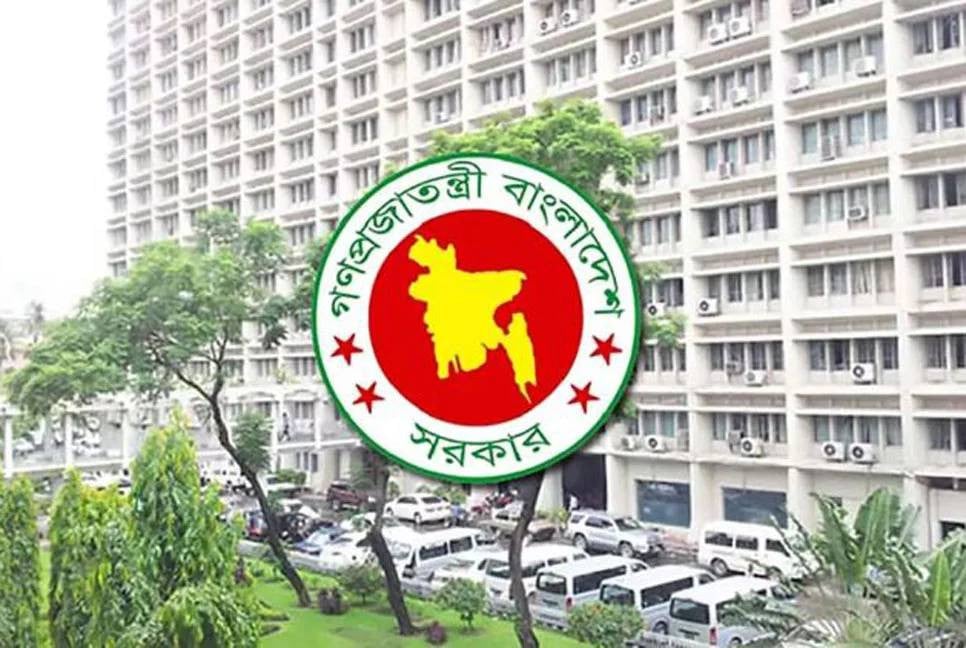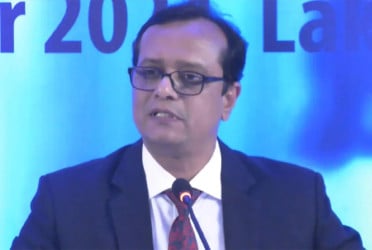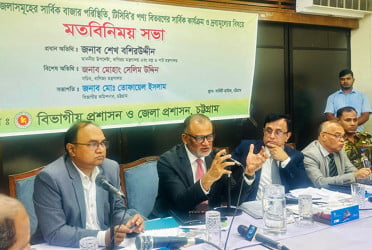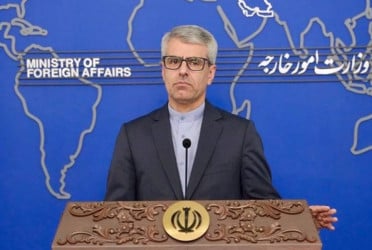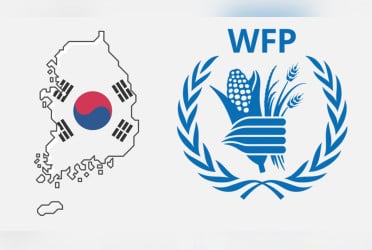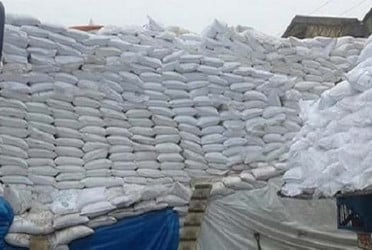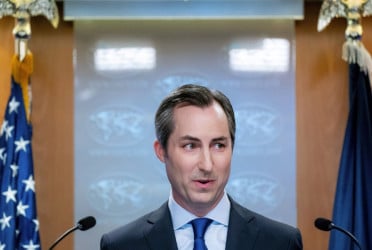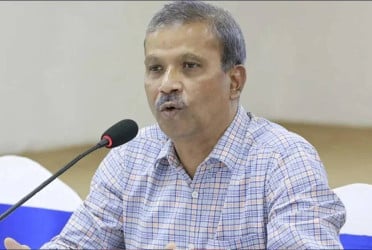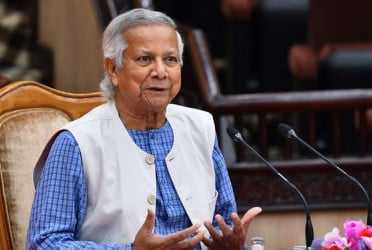The increasing expenditure on repaying the interest of local and foreign loans has become a big headache to the government. In the statement of macroeconomic strategy of the government, it has been stated that this pressure of loan will be continued for at least two years. According to the policy statement, the interest cost of foreign loans will be increased due to two reasons. Firstly, the loan interest of developed countries will be high in the days to come. Secondly, the donor countries won’t provide loans to Bangladesh as it has been coming out of the tier of least developed countries.
The Finance Ministry fears that the government's expenditure on domestic and foreign debt interest payments may exceed Tk 1.5 lakh crore in the fiscal year 2026-27, which is almost double the interest expenditure of the fiscal year 2021-22. It is also feared that the interest expenditure may rise to 15.3 percent of the budget at that time in the policy statement. In the current fiscal year, 12.4 percent of the budget was allocated for interest payment. It has been increased to 13.5 percent in the revised budget. In the proposed budget, Tk 1 lakh 13 thousand crore have been allocated for payment of domestic and foreign interest, which is 14.24 percent of the budget. According to the policy statement, the government's expenditure on increasing debt interest may increase to Tk 1, 54, 500 crore in the financial year 2026-27. Not only the cost of interest payments will increase, but also the actual payment of foreign loans taken against various projects with interest will increase in the coming days.
According to the information of the Ministry of Finance, 1, 744 million US dollars have to be paid for the original foreign debt in the fiscal year 2022-23. In the current financial year, this has increased to 2, 477 million US dollars. 2, 629 million US dollars will have to be paid in the financial year 2024-25. The installment liability may increase to USD 3,165 million in FY 2026-27. Those concerned say that the government can handle the interest of domestic debt by releasing various bonds or treasury bonds or by printing money, but the biggest problem will arise with the interest and principal repayment of foreign debt as the debt and interest payment of mega projects is remain on the shoulders of the government as a 'green knot on the burden'. As a result, the pressure on the foreign exchange reserves will increase. The supply of dollars may decrease further. Lack of necessary dollars will not only hinder the payment of installments of foreign loans, but the crisis in the country's trade and commerce will intensify. Experts say that some mega projects including Rooppur Nuclear Power Plant, Matarbari are in progress.
Some mega projects including Padma Bridge, Metrorail, Karnaphuli Tunnel have been completed. As per the terms of the loan, the interest-installments of these projects have to be paid after the end of the grace period. As a result, the government's foreign debt installments and interest payments are increasing. A study by the civic platform titled '20 Big Mega Projects in Bangladesh: Trends and Situation' shows that the total cost of the 20 ongoing mega projects stands at around US$ 7 trillion. Of this, 4, 300 billion dollars have been taken as foreign loans. In these projects, the largest share of 36.6 percent will have to be paid to Russia, 35 percent to Japan and about 21 percent to China.
Professor Moinul Islam, a former economics teacher at Chittagong University, told The Bangladesh Pratidin, “Many eccentric projects were taken up, which have become a burden like white elephants. The interest actually paid by these projects is not only increasing the pressure on the reserves but also destroying the economic stability.”
The retired professor of Chittagong University expressed fear that this pressure will continue until the year 2029.
Jahangirnagar University's former VC economist Professor Abdul Bayes said if the cost of foreign loan interest increases, it will increase the pressure on the foreign exchange reserves. For this reason, the government needs to increase the remittance, export income and also complete the foreign funded projects quickly.
(The report was published on print and online versions of The Bangladesh Pratidin on June 9 and rewritten in English by Lutful Hoque Khan)











